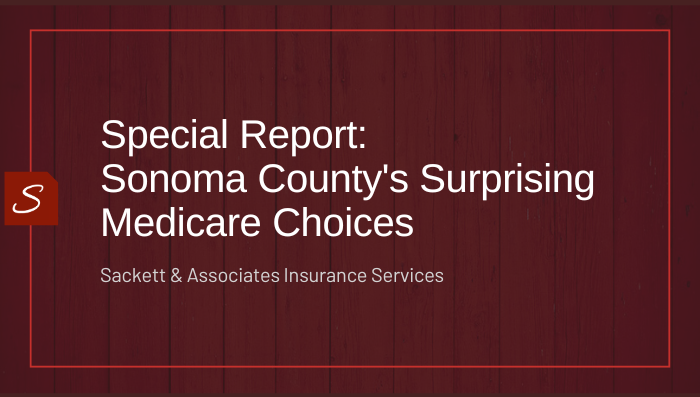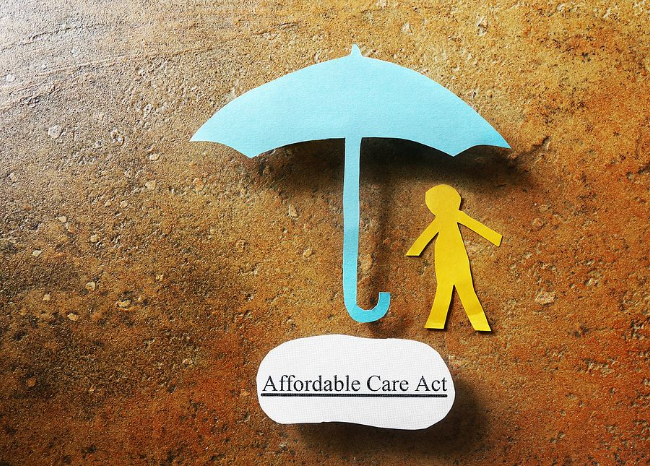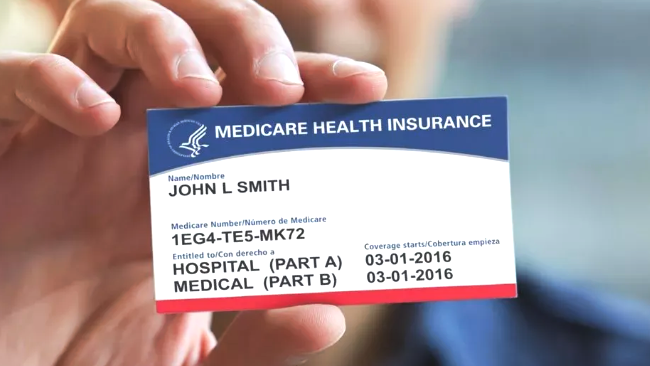Share This Post
How Medicaid Cuts Could Impact Millions in the U.S.
Medicaid, or Medi-Cal in California, helps millions of Americans get healthcare, including low-income families, seniors, and people with disabilities. But new plans to cut federal funding could change who qualifies, what services are covered, and whether some healthcare providers can keep accepting Medicaid patients. These cuts could make it harder for many people to get the medical care they need.
Who Uses Medicaid?
Medicaid is the largest public health insurance program in the U.S., helping over 80 million people. It covers doctor visits, prescriptions, mental health care, and hospital stays for those who can’t afford private insurance. In California, Medi-Cal helps about 15 million people, or one-third of the state’s population. Many people depend on Medicaid as their only way to get healthcare. If funding is reduced, states might have to limit who can qualify, cut benefits, or lower payments to doctors and hospitals, making it harder to get care.
What Happens if Medicaid Funding is Cut?
If Medicaid loses funding, fewer people may qualify for coverage, and some could lose their insurance altogether. This means they may have to skip doctor visits or important treatments. Some services like dental care, home health aides, or mental health support could be removed, making it harder for people to stay healthy. Hospitals and clinics, especially in rural or low-income areas, might struggle to stay open because they rely on Medicaid payments. If these cuts happen, some medical centers might close, making it harder for people to find care close to home. Losing Medicaid could also mean higher medical bills for families, forcing some to use emergency rooms instead of regular doctor visits, which increases healthcare costs for everyone.
How States Might Respond
If the federal government cuts Medicaid funding, states will have to find ways to make up for the loss. Some may try to move money from other areas of their budgets, but others may have no choice but to reduce coverage or benefits. California leaders have strongly opposed Medicaid cuts, but even states with strong healthcare systems will struggle to replace lost federal dollars. Many people are already losing Medicaid coverage now that pandemic-era expansions have ended, and additional funding cuts could cause even more people to lose insurance. Some states might try to increase taxes to cover the shortfall, while others could limit services.
The Bigger Economic Impact
Medicaid cuts wouldn’t just affect people who use it; they could also hurt the economy. Many hospitals and clinics depend on Medicaid payments, and if funding is reduced, they might have to lay off workers or close entirely. This could lead to job losses in the healthcare industry. When people lose Medicaid, they often wait until they are very sick to seek care, which increases overall healthcare costs. Medicaid is especially important during recessions, when more people rely on it due to job loss. Cutting Medicaid during tough economic times could put even more strain on families and state budgets, causing problems that reach far beyond healthcare.
What Can You Do?
With so many people relying on Medicaid, it’s important to take action. Staying informed about policy changes and understanding how they might affect you and your community can help you prepare. Contacting lawmakers to express concerns, supporting healthcare advocacy groups, and educating others about how Medicaid cuts could impact families and seniors can make a difference. Raising awareness and staying engaged in the conversation can help shape the future of this important program.
Medicaid has helped millions of people get the care they need, and its future depends on decisions being made now. By staying involved and informed, individuals and communities can help influence these important healthcare policies
Share This Post
Taking The Pain Out Of Health Insurance
We make it simple to find the right insurance plans for your needs
In just a few quick steps.





